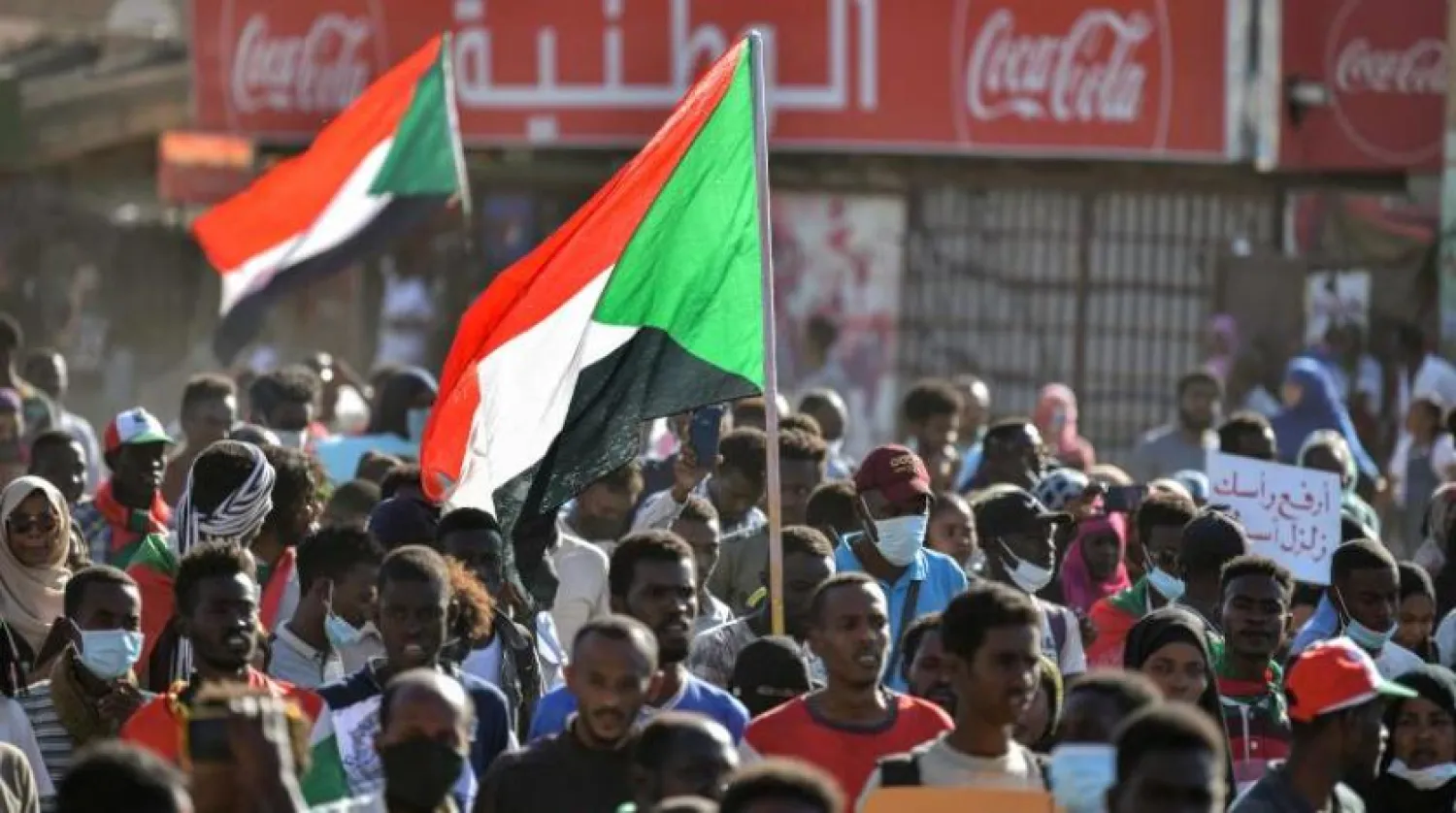Sudans’s sovereign council has appointed Ahmed Mufaddal, formerly deputy director, as the new director of the general intelligence service, official sources told Reuters on Saturday.
This came as Prime Minister Abdalla Hamdok Prime Minister said Saturday he has replaced the country’s police chiefs after at least 42 people were killed in a crackdown on protests following October’s military coup.
Military chief General Abdel Fattah al-Burhan seized power and detained Hamdok on October 25, but after international condemnation and mass protests he reinstated the premier in a November 21 deal.
Hamdok said he had sacked the director general of the police, Khaled Mahdi Ibrahim al-Emam, and his deputy Ali Ibrahim.
In their place, he appointed Anan Hamed Mohamed Omar with Abdelrahman Nasreddine Abdallah as his deputy, the premier said in a statement.
Medics have accused security forces of targeting protesters in the "head, neck and torso" with live ammunition, as well as with rubber-coated bullets and tear gas canisters.
The police have denied reports they opened fire using live bullets.
Dozens of political activists, journalists, protesters and bystanders watching the rallies have been arrested in recent weeks, and remain in custody.
Hamdok has recently stressed he partnered with the military in order to “stop the bloodshed”.









